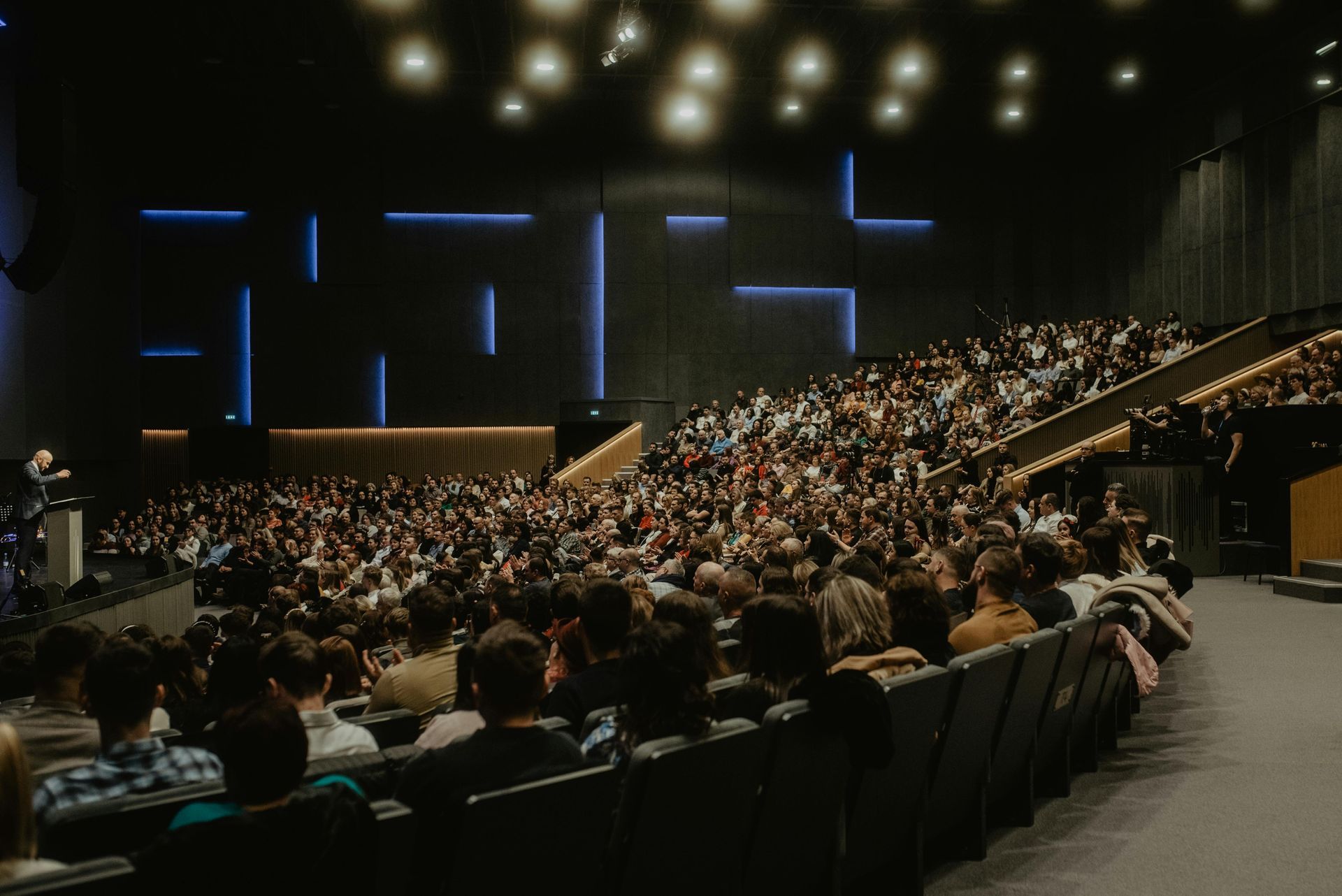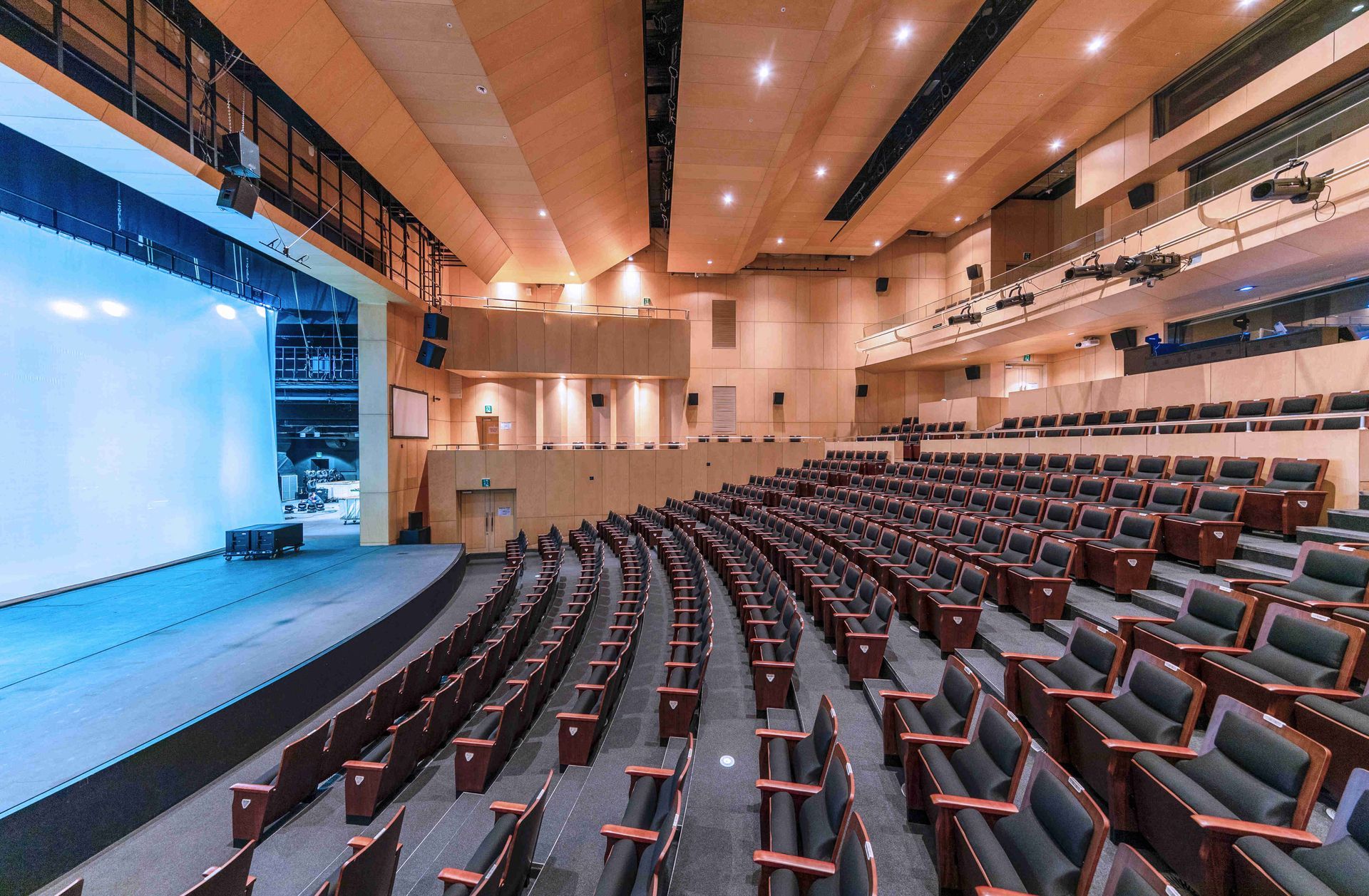The Future of Tech and Sustainability - #FutureSkillsWeek Ulster University
The Future of Tech and Sustainability - #FutureSkillsWeek Ulster University
On 28th May, I emceed a conference with Ulster University Business School where we discussed the mega-trends of technology and sustainability, specifically in emerging technologies that could soon enter the mainstream, sustainability initiatives that could shape future careers, emerging skills gaps and job opportunities, funding applications, as well as how companies position themselves for attracting and retaining talent. This event was part of Ulster University's Future Skills Week, which seeks to equip students and graduates with information, advice, and opportunities for jobs and future careers.
My Observations:
To start off the discussion, I summarized key trends that have made a big difference in technology and sustainability in regards to business over the past decade:
- The prevalence of cloud computing and real-time data to encourage collaboration
- Artificial intelligence and the predictive analytics of the technology we use
- Video conferencing and its impact on conducting business
- The sustainable development goals becoming mainstream the necessity of aligning your business with these causes
- The rise of ESG investing
We also ran a survey with the audience, with surprising results:
- 83% of our audience felt there will be more employment opportunities in both technology and sustainability.
- A majority of the audience are interested in large and small businesses
- To a slightly lesser extent, people were also intrigued about self-employment
- In terms of careers, people were geared towards academia and social enterprises, especially in having a portfolio career
Panel Discussion
The conference then moved onto a panel discussion with four other speakers, each with their own thoughts and perspectives regarding sustainability and technology and the issues/opportunities that surround these trends.
Simon Bailie from Digital DNA HQ pointed out the rising importance of clean tech, our potential adaptability for sustainability and other such challenges/opportunities, especially the trend of retrofitting multinational companies along the sustainability agenda. He also discussed food technology as a huge importance in feeding the world population and using sustainable means to develop it. He then spoke about the importance of distinguishing blockchain from cryptocurrencies. Finally, he discussed employment opportunities and the advantages of the generation in having more career paths and the divergence away from nine-to-five working hours with lockdown and remote working.
Dr. Shirley Davey from Ulster University Business School talked about the “power of the people”, explaining the opportunities in collaborative technology and other such mechanisms that can enable co-creation and collaboration across the globe. She mentioned the emergence of job opportunities as a result of automation and that its importance in the context of future skills. She then moved on to the topic of balancing between the necessity of mastering new skillsets and the awareness of the rapid development of technology that can quickly render said skills obsolete. As thus, she brought up the necessity of universities to be adaptable in accordance to the industry’s development, equipping students with skills for tomorrow’s opportunities. She also talked about the changing trend of interviews pointing towards gamification, where companies seek to see potential employees’ competency through assigned tasks. Lastly, she stressed the importance of value co-creation in business thinking and models and the duality of technology—both in its ability to link and distance people, and the need to treat this risk as a top priority.
John O’Dea from TechIreland examined the emerging trend of digitalization, particularly in the context of e-commerce and the declination of cash usage. He discussed the need for more female role models in the technology startup industry, stating that “female insight energy talent is yet one of the greatest under-realized sources in our economy and our society”. He also touched upon the job opportunities that results from digitalization, particularly in cybersecurity sector and the current skills gap, encouraging people to develop further in the area. He concludes by mentioning the opportunities in global warming, climate change, and the circular economy.
Rachel Doherty from 4C UR Future examined the expanding definition of the triple bottom line in social entrepreneurship expanding beyond the company, and the redefinition of digital literacy as how different types of tech are used in different sectors. She talked about the importance of “on the job upskilling” to keep up with the word’s rapid development. She also talked about the tendency of the lack of connection that can occur due to tech, stressing the necessity of non-tech connections. Lastly, she mentioned the need to use critical thinking in the age of cancel culture, and finding the balance between sustainability and technology.
It was a superb discussion and thank you to Shauna McCloy and Gillian Armstrong for giving us the opportunity as well as Cathy Moore, Lee-Anne Mc Peake and Maureen Fox for your support online.
Watch the video below for a full summary of the conference.
Sign up for our newsletter to keep up-to-date on future events.




